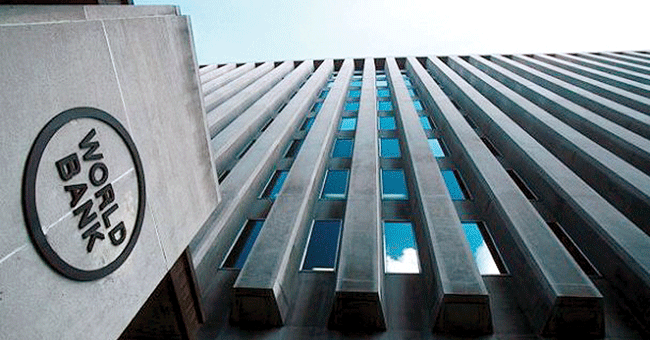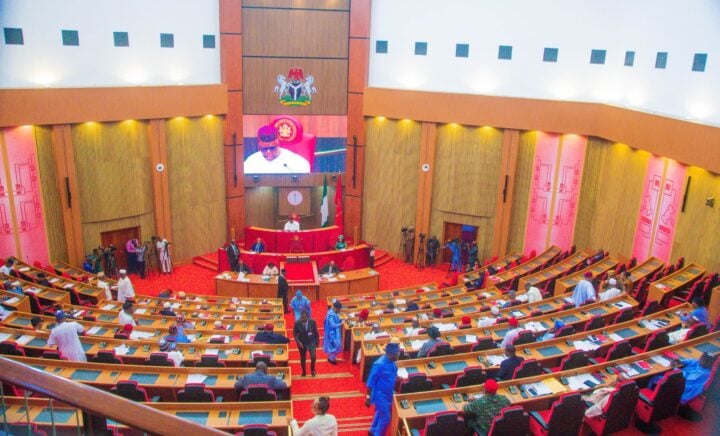The World Bank says Nigeria could boost its customs revenue by 66 percent if the federal government eliminates arbitrary tariff deviations and import bans.
In its Nigeria Development Update (May 2025 edition), the World Bank warned that current trade policies distort prices, petrol smuggling, and weaken customs enforcement, ultimately costing the country billions in lost revenue.
The report also linked the tariff policy to lost government revenue, noting that high tariffs and import bans contribute to evasion and reduce customs collections.
World Bank noted that the deviations push consumer prices up, encourage smuggling, and weaken customs enforcement.
Advertisement
“Lifting them could increase current customs revenues by 66 percent, contributing to the ongoing fiscal adjustment,” the report said.
“The government should consider seizing the opportunity created by the market-reflective, competitive exchange rate to reorient trade policy for growth and jobs.
“Nigeria maintains higher-than-average tariffs on many products, bans the imports of others, and imposes many non-tariff barriers. The average tariff rate in the country is twice as high as the sub-Saharan average.”
Advertisement
The Bretton Woods institution said that with the naira now more competitive, domestic producers are better positioned to compete with imports and take advantage of export markets.
“To produce more and export more competitively, Nigerian firms also need to import, including intermediate goods and services,” the report added.
The bank advised the federal government to align tariffs with the ECOWAS CET and start with food items, given their direct impact on household welfare.
CET is a system where all member countries of ECOWAS apply the same customs duties, import quotas, and preferences to goods entering the region from third countries
Advertisement
‘TRADE RESTRICTIONS HURTING POOR NGERIANS’
World Bank warned that current trade restrictions are disproportionately hurting poorer Nigerians.
“Reducing tariffs and import bans would confer direct benefits to consumers, giving them access to more products at lower prices, lowering inflationary pressure, boosting their purchasing power, and offering relief in the context of high cost-of-living pressures,” the report said.
“Import bans increase prices by an estimated 5.8 percent on average in Nigeria, particularly for products more intensely consumed by poorer households, such as food and medical products. Lifting import bans could lower poverty rates by an estimated 2.6 percentage points.”
Advertisement
The World Bank recommendation comes more than a month after the United States Trade Representative (USTR) faulted Nigeria’s import ban on 25 items, saying the restrictions limit market access for American exporters.
In Q1 2025, the Nigeria Customs Service (NCS) said it collected N1.75 trillion as revenue.
Advertisement
Adewale Adeniyi, comptroller-general (CG) of customs, said the amount surpassed the service’s Q1 benchmark of N1.65 trillion.
Adeniyi added that the figure also represents a 29.96 percent increase compared to the N1.35 trillion generated in the same period of 2024.
Advertisement










